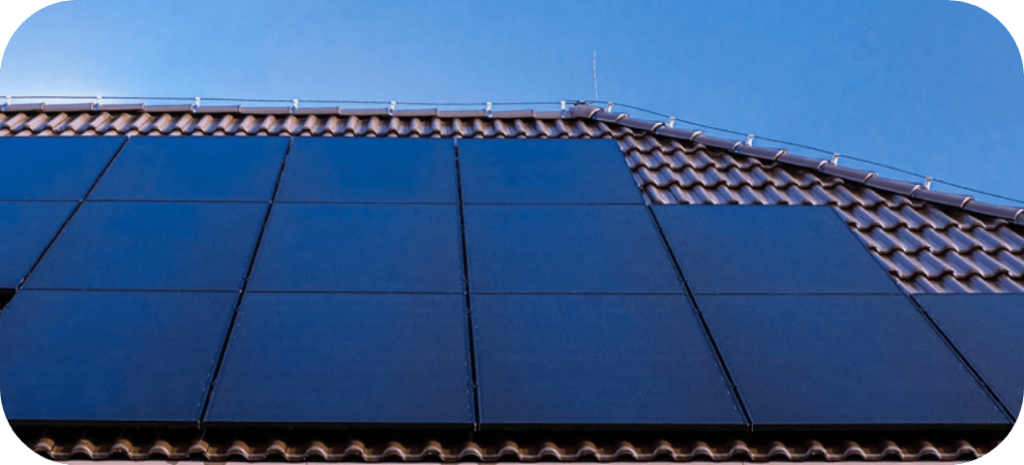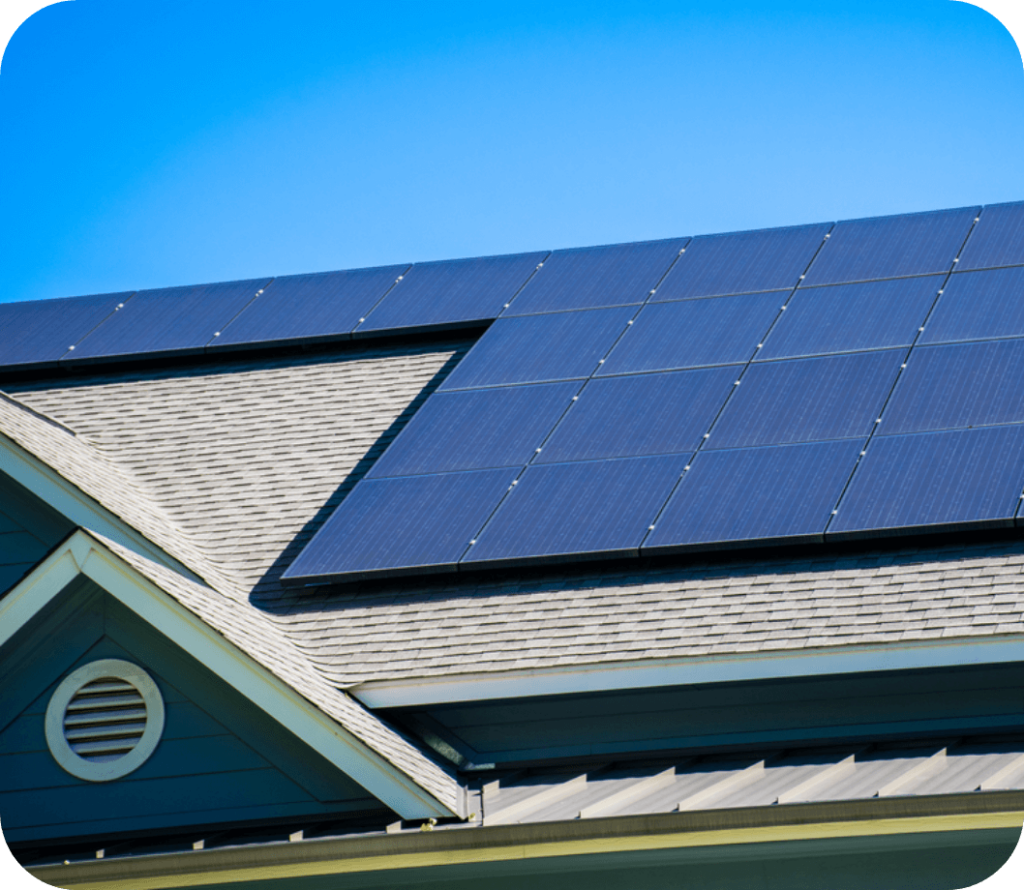Texas Solar Incentives
TX Solar Rebates, Incentives, and Tax Credits
According to the U.S. Energy Information Administration, Texas has the highest solar-generating power in the United States. Its abundant geothermal resources in the east and south make it highly effective for solar energy generation. Given the rising cost of electricity in the Lone Star State, the low price of solar panels, and concerns about power grid reliability, there’s never been a better time for Texans to go solar.
Making the switch can yield drastic energy savings and help the environment — and thanks to current Texas solar panel incentives, going solar can also be affordable. We’ll discuss Texas solar incentives below so you can take advantage of solar energy without breaking the bank.
Federal Solar Tax Credit
The Federal Solar Tax Credit, sometimes referred to as the Investment Tax Credit or the Residential Clean Energy Credit, is a government tax incentive that encourages Texas homeowners to add solar to their homes. The credit may allow consumers to deduct 30% of their total solar system expenses from their federal taxes. The Inflation Reduction Act extended the 30% Texas solar tax credit to 2033, at which point it will fall to 26% and further to 22% by 2034.

Federal Tax Credit Eligibility
To receive the maximum tax credit, you should owe as much in taxes as the 30% credit would deduct. This credit may not have any effect if you do not owe federal taxes. Keep in mind that it only applies to the initial purchase, so if you’ve purchased a house that already has solar, you may not be eligible to take the credit.
Choosing Axia for Your Solar Installation
With great solar rebates and incentives in Texas, it’s a no-brainer for residents to make the switch and take advantage of these programs. If you’re ready, let Axia Solar be the team to help you harness the sun’s power. We’ve taken the stress and confusion out of solar panels by creating a new and empowering experience built around your unique needs.
As a full-service solar company, we’re here to take care of you every step of the way.

Streamlined Installation
We design a solar system that best suits your home — and we take care of all the paperwork and permits, handling the entire installation quickly and efficiently.
Ongoing Support for Warranty Claims
After installation, we’re here to offer continued support for warranty claims, ensuring your solar equipment continues to work for you for years to come.
Quality Solar Panels
You deserve the best, and we’re here to make that happen. We’re backed by Qcells and use their industry-leading panels in our installations.
Reduced Costs
You don’t have to break the bank to switch to solar. We build systems that meet your needs — so you don’t pay for unnecessary equipment — and we have in-house financing options to bring costs down further.
Net Metering in Texas: Axia + Chariot Energy
Unlike California and many other states, Texas does not have a net metering policy on the state level, but residents still have options for deriving value from surplus energy generation. Many utility providers in the state credit solar-owning customers for producing energy with their solar panels. With net metering, solar-energized homes in Texas can earn credits toward their utility bill that may offset up to 100% of their electricity expenses each month. In other words, the utility provider buys back excess energy to help you maximize your savings.
The solar PV systems we sell in Texas’s deregulated energy market are all grid-tied, which means Texas residents who generate more energy than they consume can sell it back to companies like our partner, Chariot Energy, and when the sun isn’t shining, they can then draw power from the grid. Excess energy is then carried over to the next month and applied as a credit. Chariot customers will not pay utility charges on the energy their panels produce.
Chariot’s solar buyback plans are some of the best for Texas rooftop solar customers because:
How You Are Credited
Utility providers evaluate the energy your home uses from the grid and compare it to the amount your solar panels send to the grid. They use this information to value your credits at the energy cost rate. According to Texas energy data from the U.S. Energy Information Administration, the average residential rate of electricity is around 14.77 cents per kilowatt hour as of January 2023. During peak periods of demand, this can be more depending on where you live. Your energy credit may be able to roll over to the next month if it is worth more than your total energy charges.
Participating Utility Companies
If your home is powered by solar energy and you’d like to participate in net metering or solar buyback, you can work with any of the following providers that serve your area:

Solar Energy System Property Tax Exemption
Not only can solar panels save you money, but they may also increase your home value. Thanks to Texas House Bill 2500, most solar systems may now be exempted from property taxes. Through the renewable energy property tax exemption, residents do not have to pay extra taxes that would otherwise be required due to the heightened home value that solar panels provide. If you’d like to apply for this exemption, you can do so through the state’s Comptroller Office.
Texas Solar Rebates
There are a variety of large and small utilities and local governments that offer Texas solar panel incentives to those wanting to upgrade to solar. These are some of the most popular rebate options available in Texas:
Local Programs Include:
Check with your utility companies to find out what kinds of solar rebates in Texas might be available in your area.

How Much Can I Save?
Considering that energy costs in Texas have gone up by 18% since 2021 and continue to increase, and given the high average cost per kilowatt hour in Texas, switching to solar can mean big savings for residents. Your savings will vary depending on the size of your system, where you live, how much sun you get each day, what kinds of Texas solar incentives are available in your area, and more. So, use our solar calculator to get an idea of how much you could potentially save by switching to solar energy based on your unique circumstances.
Locations Served

FAQS
Texas Solar Incentives FAQ
Here are some frequent questions we get from current and prospective customers about Texas solar tax credits, rebates, and other solar concerns.
The Texas solar tax credit may only be claimed one time per solar-powered property, as it is designed to offset only the initial costs. If you want to reap the benefits of the energy your system produces monthly, look into a net energy metering program in your area.